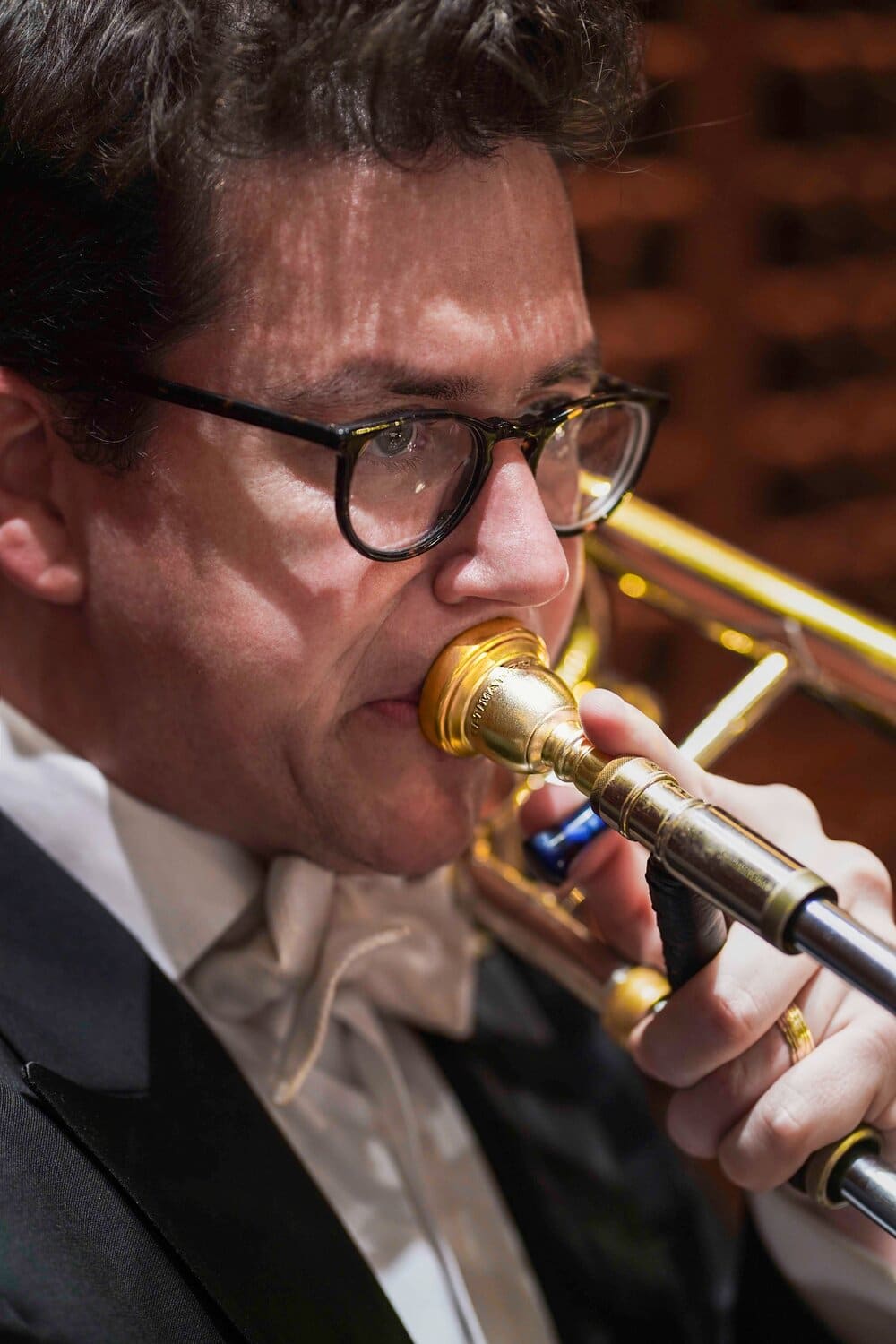Nice piece on Chineke in the New York Times
mainChi-chi Nwanoku’s orchestra of many minorities is turning into a musical comet. Barely two years old, it has a BBC Prom coming up this summer and a reasoned piece today in the NY Times. Read here.
Last night, Chineke gave its first performance outside London – in Bristol.

photo: Miles Brett





Comments